Preventative Maintenance Checklist for Semi-Trailers
Effective maintenance of semi-trailers is crucial for ensuring safety, efficiency, and the longevity of transportation equipment. A preventative approach reduces the risk of breakdowns, avoids costly delays, and helps businesses maintain timely deliveries. By following a systematic maintenance checklist, operators can identify issues before they escalate, extend the lifespan of their equipment, and increase confidence in day-to-day operations.
This preventative maintenance checklist is designed specifically for semi-trailers, focusing on key components most vulnerable to wear and tear. From electrical systems to structural integrity, each section highlights critical areas to inspect and maintain. A proactive strategy not only reduces the likelihood of unexpected on-road problems but also improves safety for drivers and fellow motorists. For businesses that rely on consistent transport, preventative care is both a cost-saving measure and a safeguard for reputation.
Electrical System - Keeping Power Flowing Smoothly
The electrical system is the backbone of reliable trailer operation. Batteries, for instance, must be checked regularly for charge levels and secure connections. Corroded or loose terminals can lead to power disruptions that may result in operational downtime. Cleaning terminals and ensuring all connections are tight is essential for preventing failures.
Lighting is another critical factor. Brake lights, turn signals, and clearance markers should all be inspected frequently to guarantee visibility and safety. Non-operational lights can increase the risk of accidents and may also result in traffic authority fines. Routine bulb checks and replacements should be part of every maintenance schedule.
The wiring system also demands attention. Frayed or corroded wires can cause shorts and failures across multiple systems. Regular inspection of wiring harnesses, testing of breakaway systems, and replacement of faulty fuses and relays help maintain safe and dependable operation. A well-maintained electrical system is one of the simplest ways to reduce the need for semi trailer repair and to ensure compliance with road safety standards.
Brake System - Ensuring Stopping Power
The braking system is one of the most safety-critical aspects of a semi-trailer, requiring constant monitoring and upkeep. Brake pads and rotors naturally wear down over time, and failure to replace them promptly can lead to dangerously reduced stopping ability. Uneven wear or thinning pads should be addressed immediately.
Brake lines must be checked for leaks or cracks, as even small defects can compromise hydraulic force. Modern trailers often use Anti-lock Brake Systems (ABS), which prevent wheel lockup during hard braking. Ensuring that ABS is fully functional enhances traction, reduces skidding, and improves control in emergencies.
Brake drums and shoes should also be inspected for wear and replaced before they reach unsafe limits. In addition, brake fluid levels must be maintained to guarantee consistent force application. It’s worth noting that, according to Slashgear, semi-trucks typically require oil changes about every 25,000 miles. Coordinating brake inspections with oil change intervals makes maintenance more efficient. Keeping the brake system in peak condition not only avoids costly semi trailer repair but also reduces accident risks and ensures compliance with federal safety regulations.
Suspension System - Supporting Stability and Load Balance
A properly functioning suspension system is vital for trailer stability, cargo protection, and driver comfort. Shock absorbers, which cushion road vibrations, should be inspected for leaks or signs of deterioration. Worn shocks can cause poor handling, excessive bouncing, and damage to other suspension components.
Leaf springs are another key component. Cracks, corrosion, or fatigue can compromise their ability to distribute weight evenly. If left unchecked, defective springs can result in misalignment, uneven tire wear, or even structural damage. Replacing worn leaf springs ensures smoother rides and better handling under heavy loads.
Air suspension systems, now common in many fleets, offer adjustable ride height and load management benefits. Inspecting these systems for leaks or pressure imbalances is essential to maintain performance. Bushings should also be examined for wear, as damaged bushings can lead to alignment issues. Regular suspension maintenance not only improves driver safety but also reduces the likelihood of expensive semi trailer repair caused by cascading mechanical failures.
Tire and Wheel Assembly - Maximizing Safety and Efficiency
Tires directly affect both fuel efficiency and safety. Maintaining correct tire pressure according to manufacturer specifications ensures even wear and reduces the likelihood of blowouts. Underinflated tires can increase rolling resistance, lowering fuel economy, while overinflated tires can cause reduced traction and uneven tread wear. Regular inflation checks are simple yet highly effective preventive measures.
Tread depth is another critical factor. Tires lacking sufficient tread compromise traction, especially in wet conditions. Regularly measuring tread and monitoring for uneven wear patterns helps prevent accidents. Abnormal wear often indicates suspension or alignment problems that should be corrected promptly.
The wheel assembly itself requires careful inspection. Wheel bearings must be properly lubricated and free from wear, as failure can cause overheating or wheel detachment. Lug nuts should be tightened to the manufacturer's torque specifications to prevent separation. Inspecting sidewalls for punctures, cracks, or bulges further reduces risks on the road. Attention to tires and wheels is a cornerstone of preventative maintenance, reducing downtime, avoiding semi trailer repair emergencies, and improving cost-efficiency for operators.
Coupling System: - Securing the Connection
The coupling system links the trailer to the tractor unit and must remain in excellent condition for safety. Fifth wheels require cleaning and lubrication to prevent excessive wear and to ensure smooth coupling and uncoupling. A worn or cracked kingpin must be replaced immediately, as it poses a serious detachment risk.
Locking mechanisms within the coupling system should be tested regularly to confirm they operate correctly. Malfunctions can cause catastrophic disconnection on the road. Regular lubrication of moving parts minimizes friction, reduces wear, and extends component life.
Landing gear should also be inspected for damage or weakness. It provides stability when the trailer is uncoupled, so malfunctioning gear can endanger drivers and equipment. Preventative lubrication of joints and gears further ensures smooth operation. By carefully maintaining the coupling system, fleet operators avoid dangerous failures and minimize the chances of requiring urgent semi trailer repair while on the road.
Structural Integrity - Preserving Strength and Safety
The frame and body of a semi-trailer form the foundation of its durability. Frames should be routinely checked for cracks, rust, or signs of stress damage. Rust, in particular, weakens steel over time and can lead to structural failure if not addressed promptly.
The trailer body itself should be inspected for dents, holes, or deformations that compromise aerodynamics or weatherproofing. Damaged panels can increase drag and reduce fuel efficiency while also exposing cargo to environmental hazards. Addressing these issues early prevents further deterioration.
Cargo securement points, including tie-downs and anchor systems, must also be evaluated regularly. Weak or damaged points can lead to cargo shifting, which threatens both safety and compliance with legal standards. Inspecting welds and joints for fatigue ensures continued load-bearing strength. A proactive approach to structural maintenance saves operators from costly semi trailer repair and supports long-term equipment reliability.
Implementing a thorough preventative maintenance checklist for semi-trailers significantly reduces risks and expenses associated with emergency breakdowns. By carefully inspecting and maintaining electrical systems, brakes, suspension, tires, coupling mechanisms, and overall structure, fleet operators can improve safety, efficiency, and compliance. Routine upkeep not only reduces the frequency of semi trailer repair but also extends equipment life, increases fuel efficiency, and boosts driver confidence. Ultimately, preventative maintenance is an investment in both operational success and a company’s long-term reputation. Ensure your fleet stays safe and reliable—contact Penn Service Inc today for expert semi trailer repair and preventative maintenance solutions.
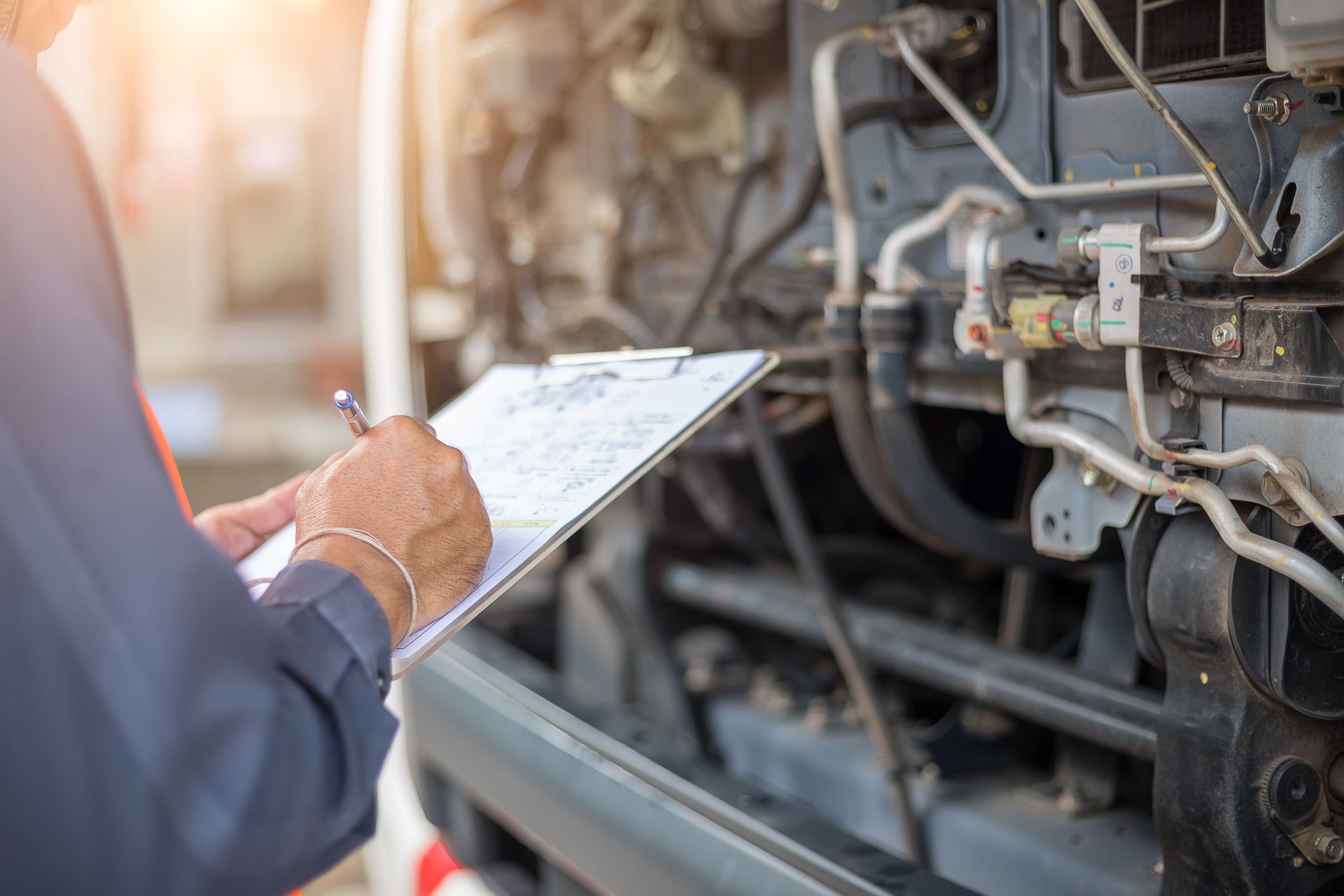
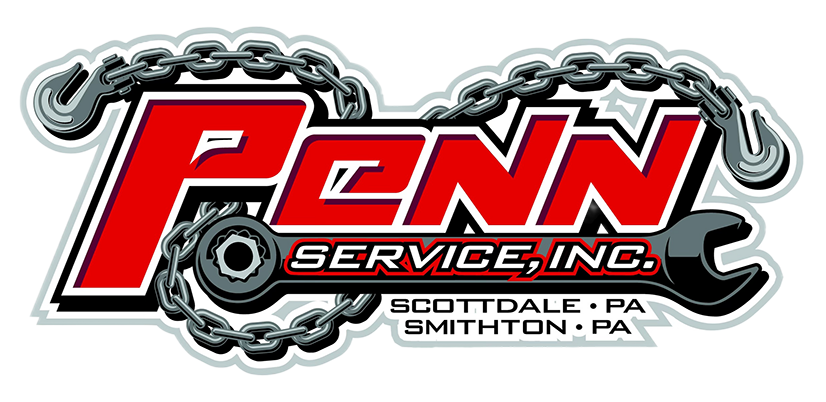




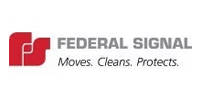
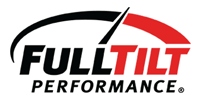
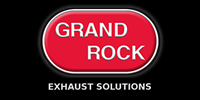


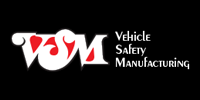
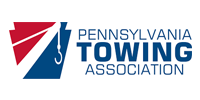
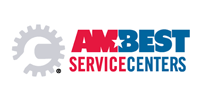
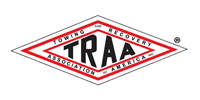
Share On: